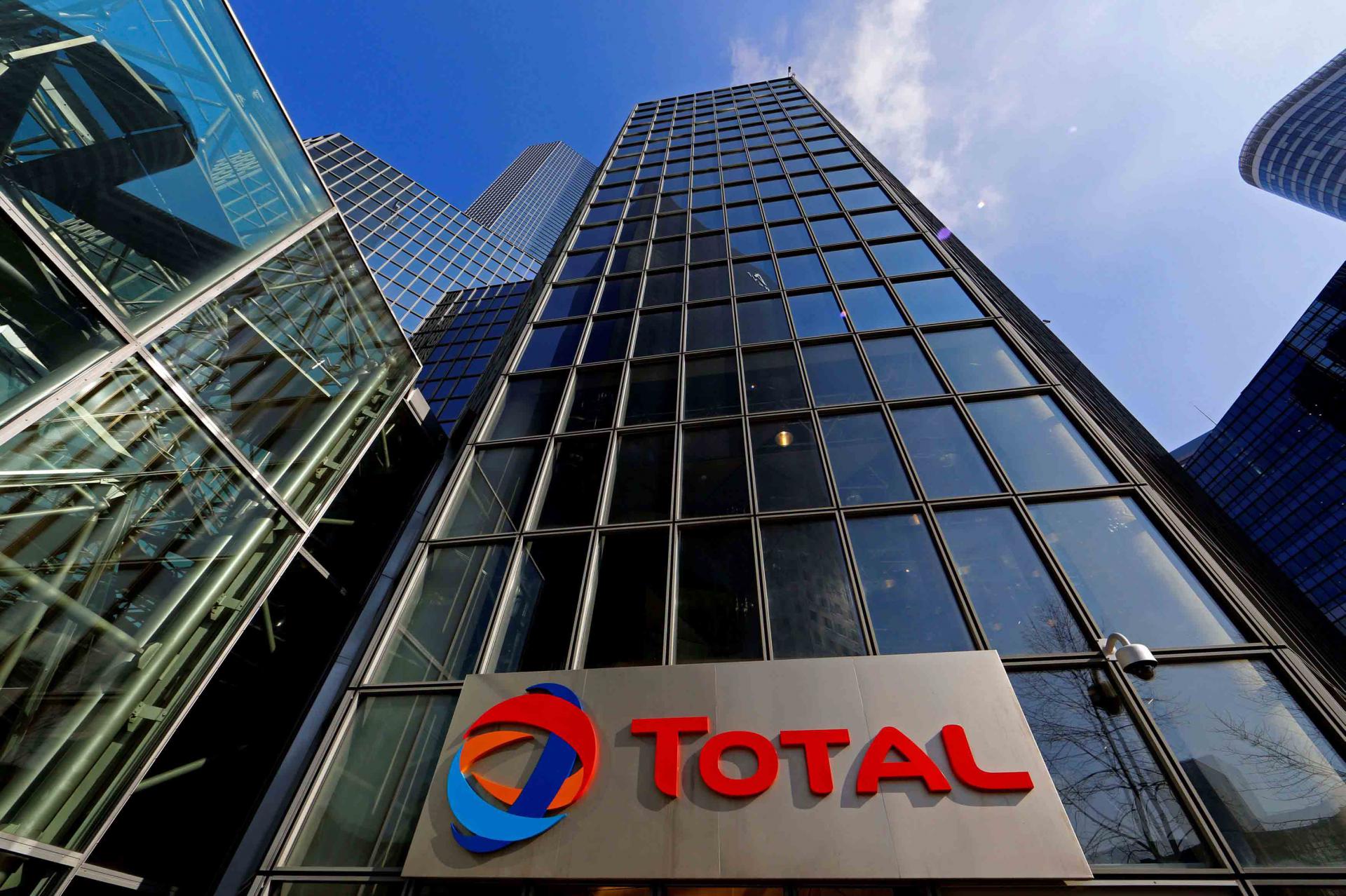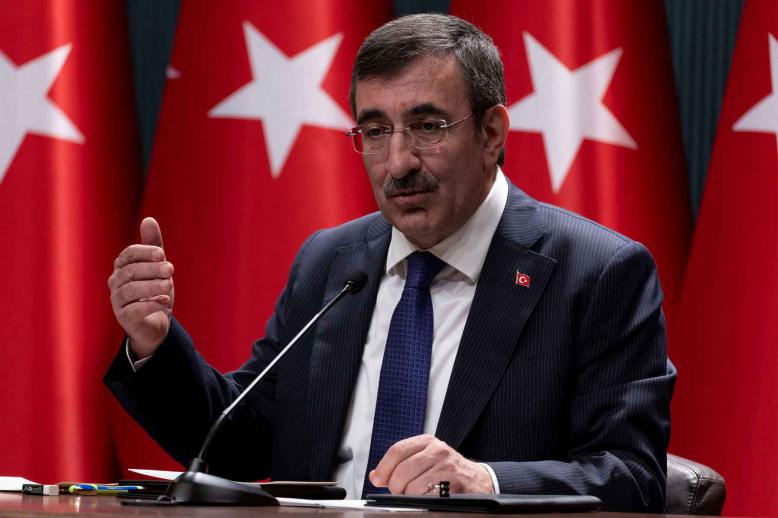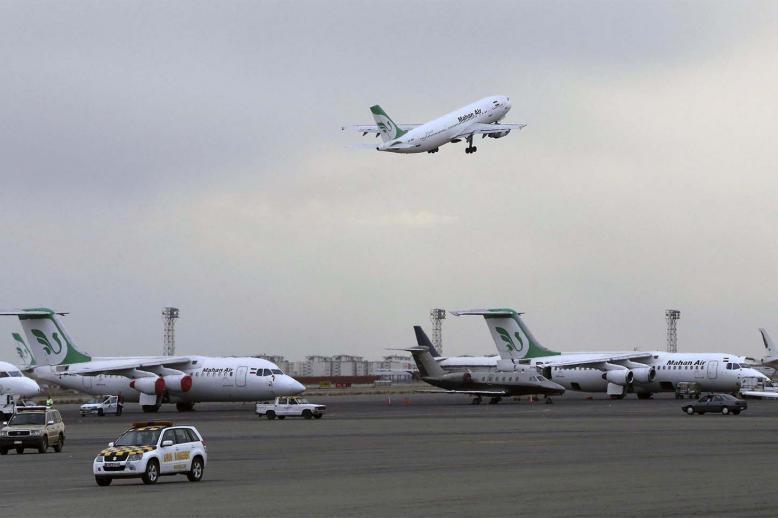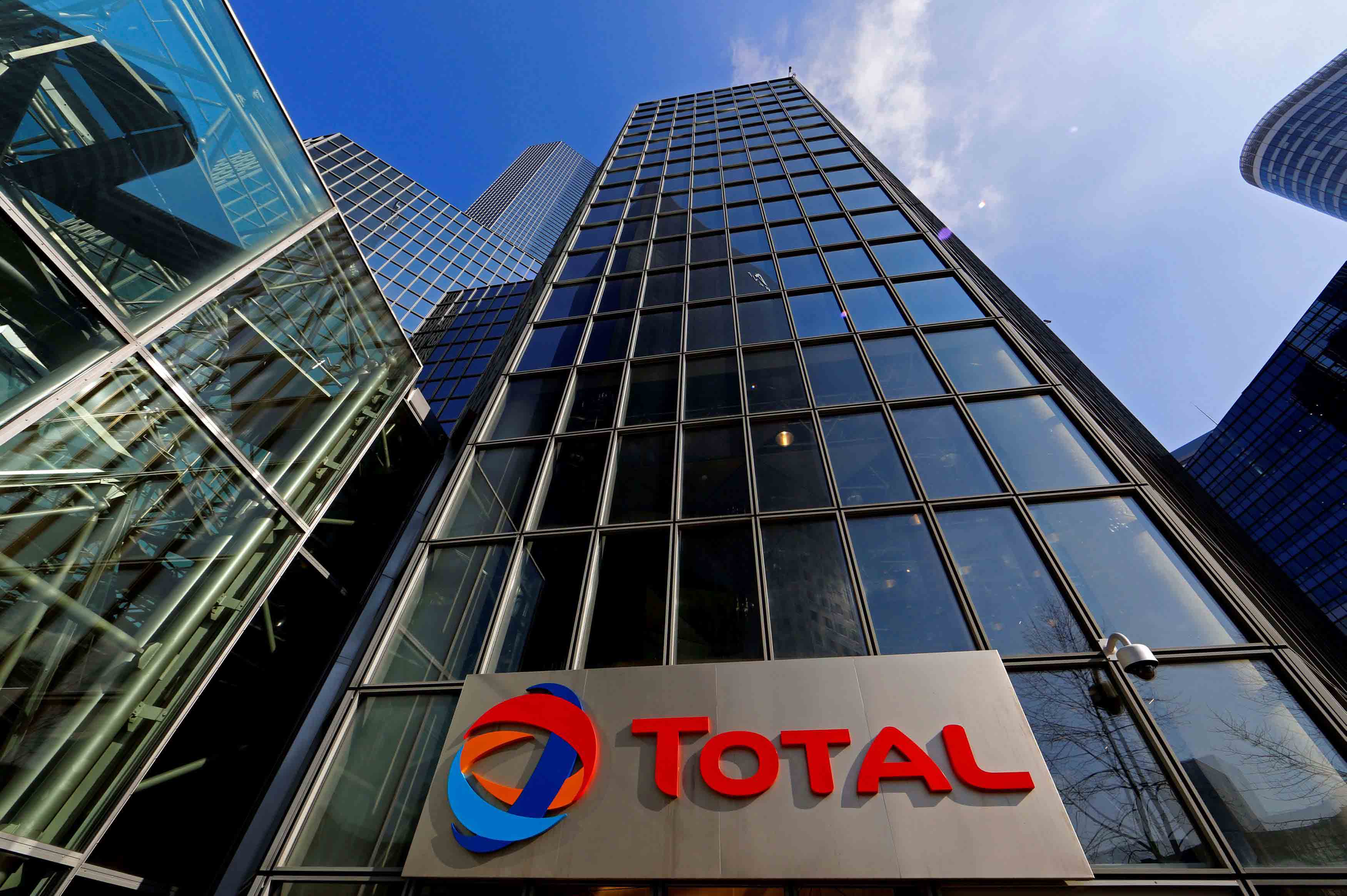Algeria signs deals with European firms to explore offshore potential
TUNIS - Algerian officials have signed a deal with two major European energy firms to conduct offshore exploration for oil and gas as part of Algiers’s plans to increase its energy output and draw foreign investors.
French oil firm Total and Italian energy giant ENI signed to study deep waters in the Mediterranean off the Algerian coast, which the country hopes will lead to expanded oil and gas output.
“Together with Sonatrach and Total, we will have the opportunity to explore the deep waters of the Algerian offshore, a virtually unexplored geological province,” Eni CEO Claudio Descalzi said after the agreement was signed. “Eni will be able to contribute by leveraging its experience in the eastern Mediterranean and its inventory of advanced exploration technologies.”
Eni discovered the largest known gas field in the Mediterranean off the Egyptian coast, a find it said could help Egypt meet its gas needs for decades. Eni said the Zohr field, which covers 100 sq.km, could hold as much as 30 trillion cubic feet of gas.
Total CEO Patrick Pouyanne, however, cautioned that Algeria’s offshore “is complicated because it is very deep.”
Sonatrach CEO Abdelmoumen Ould Kaddour responded that Algeria remained optimistic about its offshore potential. “It is Patrick Pouyanne’s opinion. Ours is different,” he said.
Sonatrach, a state-owned energy company, has carried out offshore seismic operations that indicated significant potential in the coastal regions of Bejaia in the east and Oran in the west, company officials said. However, to establish offshore drilling projects, Algeria needs the expertise of major international firms, Ould Kaddour said.
Algeria’s oil and gas business has undergone significant changes since Ould Kaddour was appointed Sonatrach CEO last year, including onshore extensions and contracts worth billions of dollars.
Algeria, which exports more than 80% of its gas production to Europe, is one of Europe’s main gas sources. It is among Africa’s top three oil exporters and has the third-largest oil reserves in the continent.
Oil and gas represent 94% of Algeria’s total export value and accounts for 60% of government budget resources.
However, with the country’s oil and gas output declining in recent years, officials are under pressure to expand hydrocarbon operations, including offshore in the Mediterranean and tapping into shale gas in the Sahara.
Algeria has had little success in diversifying its economy from reliance on the energy sector. Any such move would require painful changes to energise the private sector and draw investors. Algeria’s leaders have delayed reforms, focusing on social stability with presidential elections scheduled for next April.
Former Sonatrach CEO Abdelmadjid Attar predicted that Algeria’s share of oil and gas exports would diminish by 2025, resulting in less revenue unless hydrocarbon reserves are renewed. “Developing shale gas is no longer a choice for Algeria. It is an obligation,” he said.
Sonatrach previously announced plans to invest at least $70 billion by 2035 to produce some 20 billion cubic metres of shale gas per year from 200 drill sites. However, demonstrations rocked Algeria’s southern desert town of In Salah in 2015 after Sonatrach completed its first pilot drilling.
Environmentalists argue that the process of hydraulic fracturing technology — fracking — can contaminate groundwater and cause small earthquakes.
Algiers shelved shale projects out of concerns about the country’s political stability.
Ould Kaddour and other government officials pointed to renewed efforts to develop the shale gas industry and tap the country’s offshore potential through bold reforms, such as revising oil laws by next July.
Current legislation requires that Sonatrach retain at least a 51% stake in any joint hydrocarbon venture. Other stringent legal requirements, high taxes and extensive red tape are also prohibitive to foreign investors.
Former Energy Minister Nordine Ait-Laoussine said proposals shared by Algerian officials at an energy conference, which was attended by 500 energy officials and experts mostly from the Arab region and Africa, showed that Algeria has forged a nine-point strategy to stop its output from declining before expanding oil and gas production at a later stage.
“The strategy includes developing the energy sector in all its segments, continuing the drive to develop shale gas and other unconventional energy resources, opening new markets for gas and oil, increasing the capacity of transport, namely for gas,” said Ait-Laoussine. “All these developments are within the framework of more friendly foreign investor legislation.”
Algerian Energy Minister Mustapha Guitouni said: “We will consider all the concerns of foreign investors and clear all obstacles and eliminate any other hindrance for them in the energy sector.
“Our strategy to further develop the sector is based upon the concepts of diversification, innovation and investment. These three elements are the triptych embraced by many countries.
“The global energy context is pushing all countries to rethink their policies to come out with the best solutions to ensure energy independence and remain relevant in the market,” said Guitouni.
Algerian Prime Minister Ahmed Ouyahia said a draft energy law would be ready in the coming months. Other officials said it would be unveiled next July, three months after presidential elections.
Lamine Ghanmi is a veteran Reuters journalist. He has covered North Africa for decades and is based in Tunis.
This article was originally published in The Arab Weekly.







